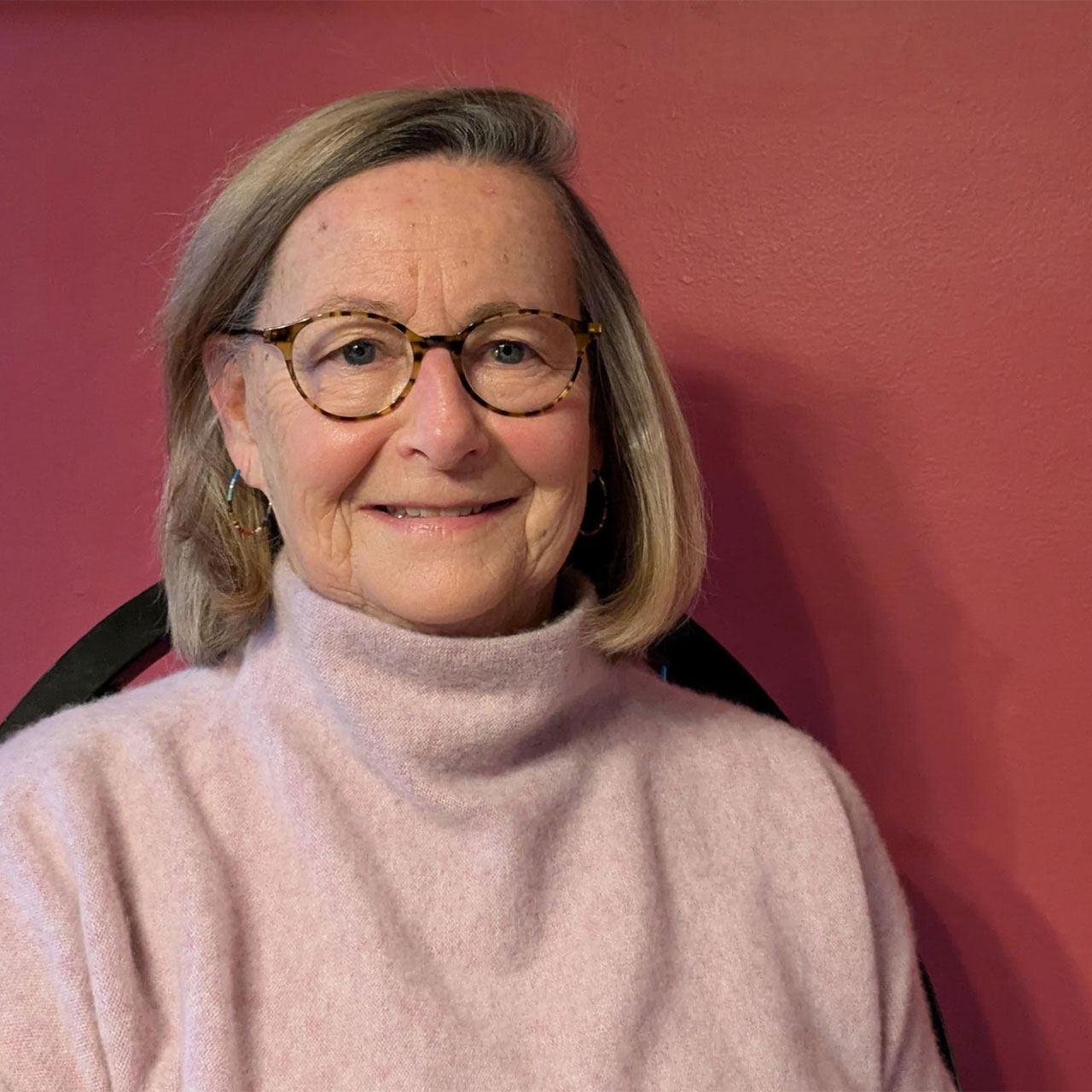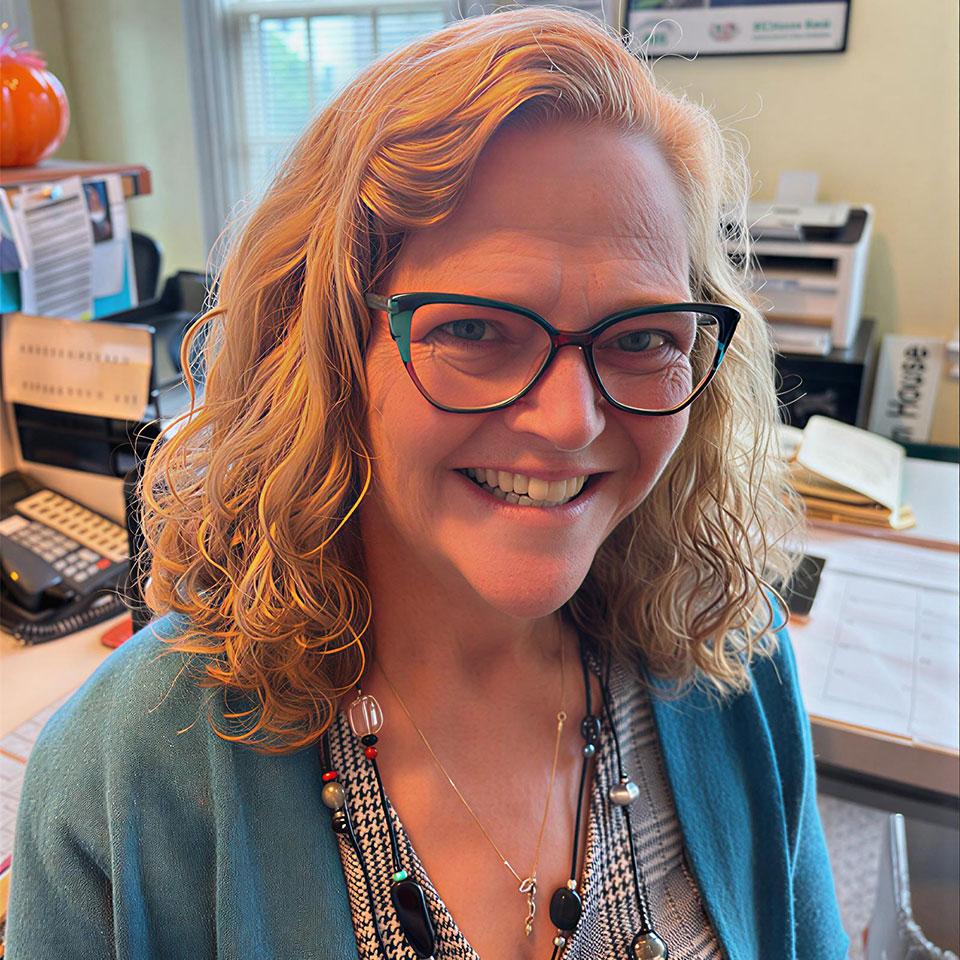Anne Berman

Berman’s work on the lending side had a significant impact on financing both multifamily and single-family affordable housing. In 1999, Berman joined RIHousing, where she helped coordinate a revolving construction loan that enabled SWAP to develop homes for first-time homebuyers. She also supported SWAP’s low-income housing tax credit development, resulting in hundreds of affordable rental units across Providence.
However, Berman says that developing affordable housing has never been more challenging due to escalating land and construction costs, limited funding sources, and industry-wide labor shortages.
“The most difficult aspect is the process itself. Decades of layered legislation and policy have made affordable housing development increasingly cumbersome and time-consuming.” Berman says. “While we’ve made strides in streamlining certain steps and reducing timelines, it still takes far too long to move from concept to completion.”
“That said, the opportunity to continually improve the process keeps the Development Team at RIHousing motivated. And despite these headwinds, SWAP and several other non-profit organizations continue to advocate for housing programs and policies. SWAP, in particular, has built a strong and experienced development team. Their lean and cost-effective approach helps them deliver high-quality housing within tight budgets and timelines."
Full Q&A
1. When and how did you become interested in the affordable housing crisis?
My path into affordable housing was unexpected, but became my life’s work. With a degree in urban studies and early experience in historic preservation, I developed a strong interest in how communities are shaped and sustained. I owned a construction company, which further exposed me to the challenges of housing access. Eventually, I joined a Neighborhood Housing Services organization—now part of the NeighborWorks network—and that role marked the true beginning of my work in affordable housing. Since the late 1980s, I’ve worked with two nonprofits before joining RIHousing in 1999.
Working on the lending side allowed me to have a greater impact and provided an opportunity to finance both multifamily and single-family affordable housing for low- and moderate-income families across Rhode Island.
2. What was the most rewarding aspect and what has been the most difficult?
The housing development process is rarely linear and can often be lengthy and complex. But seeing the final product—completed homes and new families moving in—is incredibly rewarding. Many of these families have experienced housing instability, lived in substandard units, or been heavily rent-burdened. For some, this may be the first time they’ve had true housing security and witnessing that transformation is meaningful. The most difficult aspect is the process itself. Decades of layered legislation and policy have made affordable housing development increasingly cumbersome and time-consuming. While we’ve made strides in streamlining certain steps and reducing timelines, it still takes far too long to move from concept to completion. That said, the opportunity to continually improve the process keeps the Development Team at RIHousing motivated.
3. What was your involvement with SWAP?
I’ve had the privilege of working with SWAP for the past 25 years, supporting their mission to create affordable housing opportunities in Providence. Starting in 2000, I helped coordinate a revolving construction loan that enabled SWAP to develop homes for first-time homebuyers. Since then, our Master Construction Loan financed more than 150 homes—many for families entering homeownership for the first time. Beyond single-family housing, I also supported financing for SWAP’s low-income housing tax credit developments, which have resulted in hundreds of affordable rental units across the city. Partnering with SWAP through RIHousing has allowed me to contribute directly to expanding housing access for low- and moderate-income Rhode Islanders.
4. What is your perception on modern day housing and the efforts of SWAP and
others to address today’s problems?
The current housing market is extremely challenging. Developing affordable housing has never been more difficult due to escalating land and construction costs, limited funding sources, and industry wide labor shortages. Despite these headwinds, SWAP and several other non-profit organizations continue to advocate for housing programs and policies that benefit RI’s low- and moderate-income families. SWAP, in particular, has built a strong and experienced development team. Their lean and cost-effective approach helps them deliver high-quality housing within tight budgets and timelines. Their work plays an important role in addressing the housing needs of their constituents.
5. What does the next 50 years look like?
I wish I had a crystal ball. Right now, the real estate market feels out of control, with inflated home prices and soaring rents. Still, I remain hopeful. Over the next 50 years, I envision a housing landscape where supply and demand are more balanced, leading to naturally affordable options for a wider range of people. I hope affordable housing remains a top priority for the state, and that local governments adopt policies that support, rather than restrict, good development. Finally, I’d like to see a reliable, long-term funding source to ensure we can meet the housing needs of future generations.
6. What are you doing now?
I recently retired as the Director of Real Estate Development at RIHousing, after a 40-year career dedicated to expanding access to affordable housing. I’m currently taking time to consider what’s next. While I haven’t yet defined the specific path forward, I do plan to stay engaged in work that supports disadvantaged communities, though the how is still to be decided.
You might also enjoy

Carla DeStefano
Born from the ashes of burning houses, SWAP marks 50 years of tenacity. We're still fighting the fire of housing affordability.

Marilyn Carlson
Since 2001, Senior Deputy Director Marilyn Carlson has dedicated her career to revitalizing neighborhoods and building affordable housing.

Lynn Sexton
Since 2018, Portfolio Director Lynn Sexton has passionately led SWAP's efforts to revitalize neighborhoods and expand affordable housing access.

